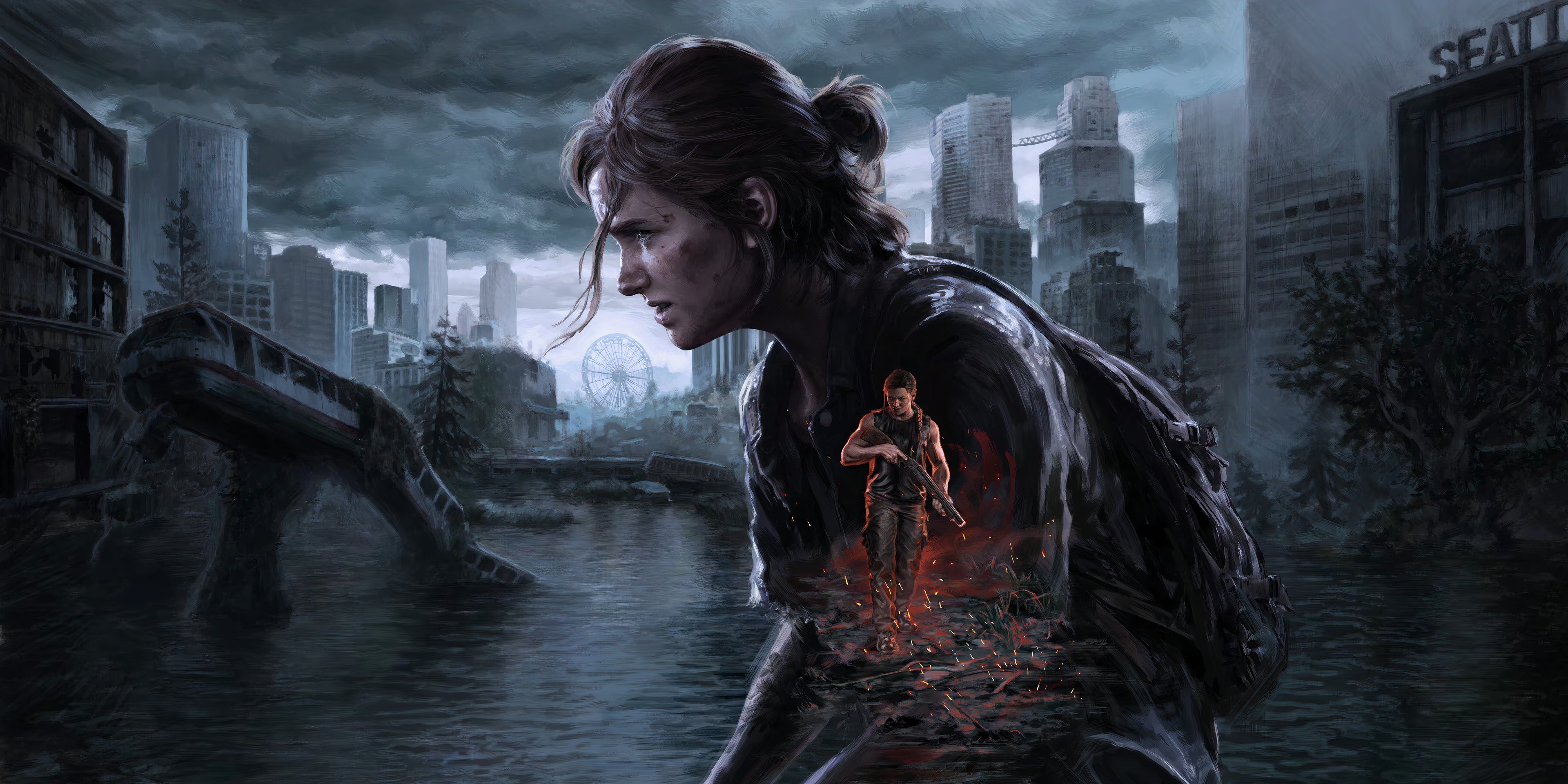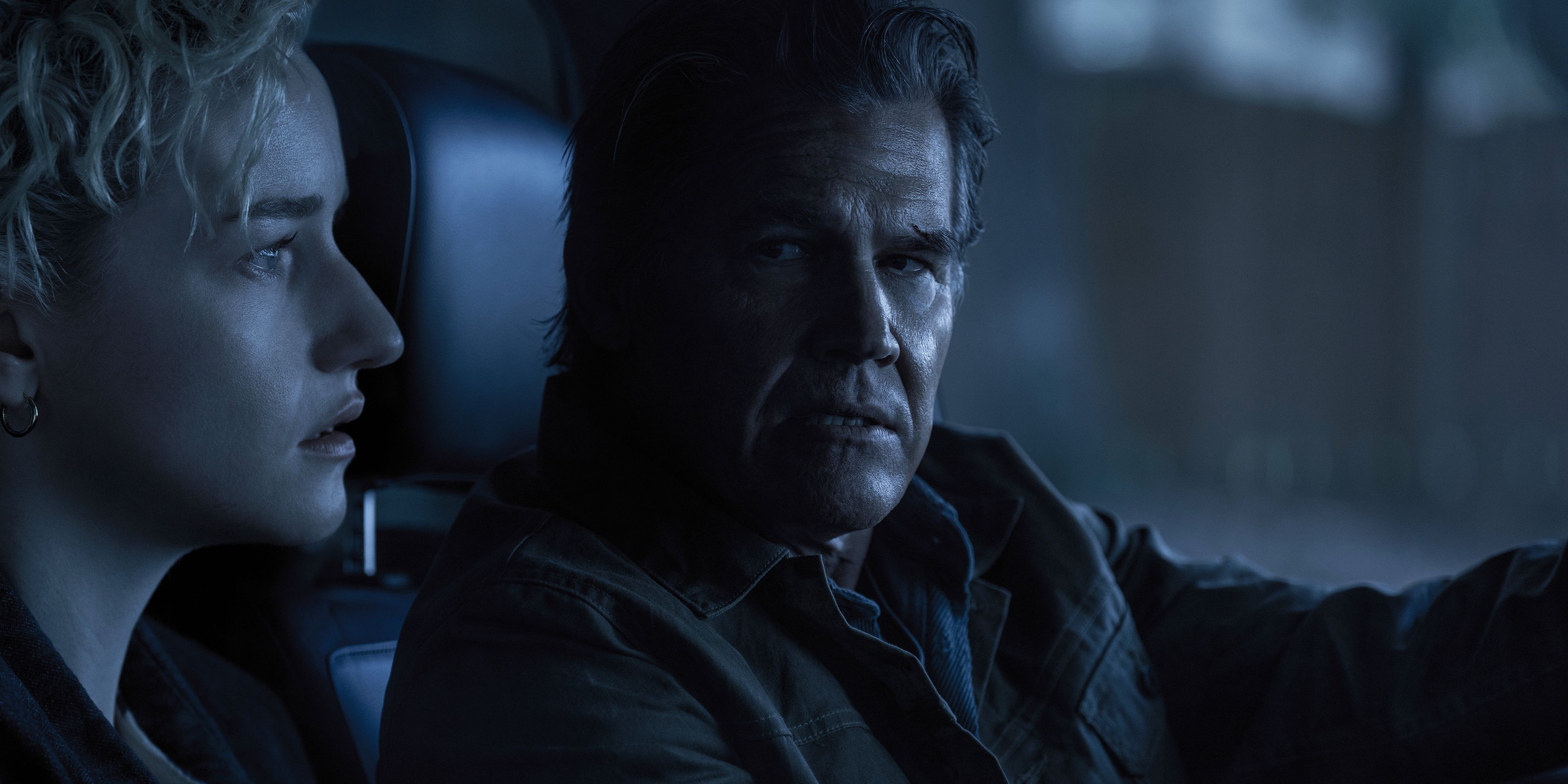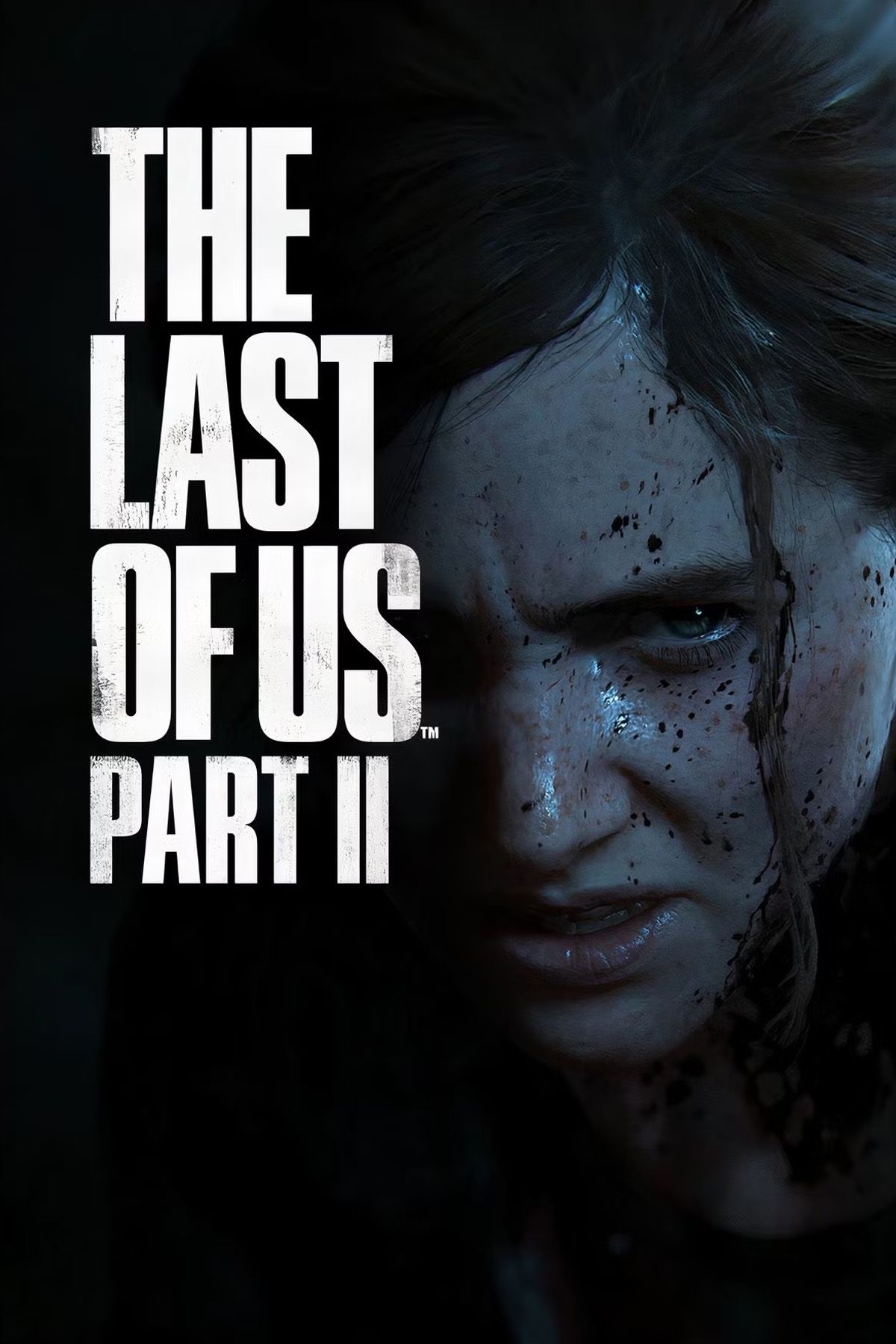Weapons, the latest horror film by Zach Cregger, has been a smashing success, by virtually all accounts. The film has grossed almost $72 million at the box office against an estimated $38 million budget, and it’s currently sitting at a 94 percent approval rating on Rotten Tomatoes. Personally, I adored the film, particularly for its unique chapter-based structure, but that format reminds me a lot of one of the most divisive video games ever.
The film follows different Point of View characters, letting the audience see most of the same events from a new perspective and adding more context and inching closer along the narrative timeline until it reaches a crescendo. Then, it suddenly switches to another character. For video game fans, that might sound very familiar if they have played The Last of Us Part 2.
Weapons & The Last Of Us Part 2 Have Similar Structures
Differing POVs About The Same Events & Flashbacks

Weapons and The Last Of Us Part 2 are structured in chapters. Lead characters Justine Gandy and Ellie are the anchor points of their respective narratives, but the POV shifts away from them quite a few times. Weapons connecting points between the POVs are less defined until near the end of the film, whereas it’s clear from the moment players take control of Abby in Part 2 that the story that follows is a different look at the same days of events.
That being said, the general feel of the Weapons POV shifts is a lot like the shift from Ellie and her flashbacks, to Abby and her flashbacks, to The Farm with Ellie, to Santa Barbra with Abby, and then back to Ellie for Santa Barbara and The Farm. We get more information about the overarching narrative with each switch, but it’s not until players finish Abby’s Seattle section of the game that the narrative moves forward.
The Story Structure Is A Benefit To Both Weapons & Last Of Us 2
Haunting Stories About Perspective

The Last Of Us Part 2 is one of the most controversial games ever made, and while most of that is aimed at Joel’s early death, a lot of criticism was made about the game’s narrative structure. I don’t agree. I think Part 2‘s story is stronger with the flashbacks and the sudden switch to Abby.
Abby is a mystery throughout the first half of the game, and in a story about how every action affects someone else, the juxtaposition between Ellie and Abby’s similar philosophies and wants is more heartbreaking when we’re allowed to see the other’s perspective. We learn that Abby isn’t a villain by any stretch; she’s, in essence, a younger, female Joel, who failed to protect her family, much like Joel failed to protect Sarah in the first game.
In Weapons, we get to see how well-meaning but flawed Justine is, and also how the children’s disappearance affects not just the parents of the town or the teachers, but everyone, from a policeman to a homeless drug addict, and everyone in between. That powerful look at perspective makes Weapons and The Last of Us Part 2 two unforgettable stories about how one major event can change the course of lives forever.

The Last of Us Part 2

10/10
- Released
- June 19, 2020
- ESRB
- M for Mature: Blood and Gore, Intense Violence, Nudity, Sexual Content, Strong Language, Use of Drugs
- Developer(s)
- Naughty Dog
- Publisher(s)
- Sony
- Engine
- Proprietary
